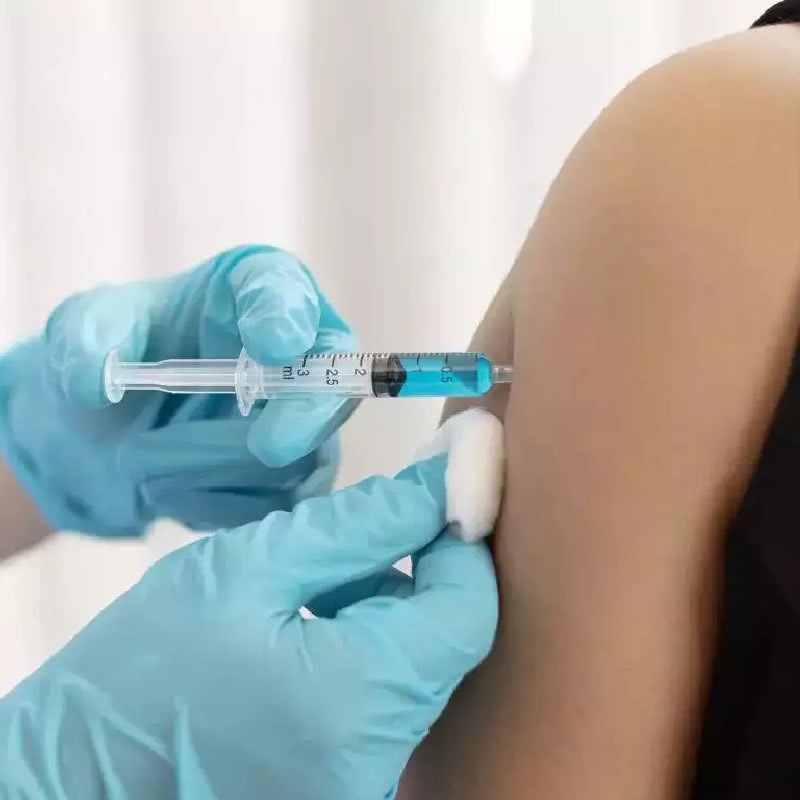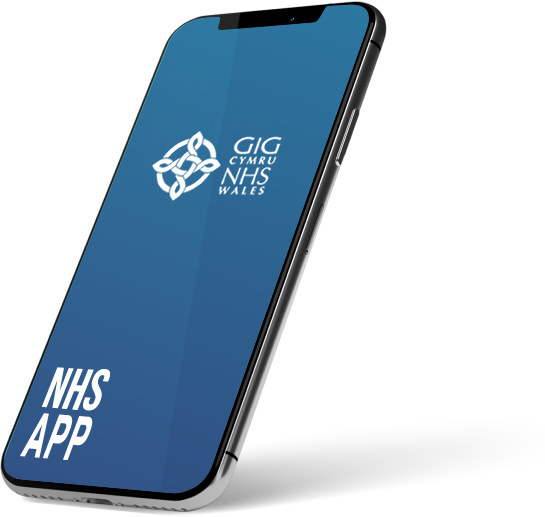Flu Vaccinations


The flu vaccination is important because, while flu is unpleasant for most people, it can be very serious and even life threatening for some people, particularly those with certain health conditions.
The best time to have your flu vaccine is in the autumn or early winter before flu starts spreading. But you can get your vaccine later.
You may be eligible for a free flu vaccine if you are:
- are 50 and over (including those who will be 50 by 31 March 2023)
- have certain health conditions
- are pregnant
- are in long-stay residential care
- receive a carer’s allowance, or are the main carer for an older or disabled person who may be at risk if you get sick
- live with someone who is more likely to get a severe infection due to a weakened immune system, such as someone living with HIV, someone who has had a transplant, or is having certain treatments for cancer, lupus or rheumatoid arthritis
No vaccine will offer 100% protection, this means you might still get the flu but your symptoms are likely to be milder. Flu vaccines do not protect against colds, other respiratory viruses, or other winter illnesses.
Flu vaccines are generally very safe. The most common reaction to the jab is a sore arm, or you may feel hot for a day or two after the vaccination.
Please support your GP surgery by having your flu vaccination at this surgery. Other providers may tell you that you are supporting your surgery by having it done elsewhere – unfortunately this is not the case; this generates extra administration work for us and reduces our funding.
For more information on the flu vaccine please go to https://phw.nhs.wales/services-and-teams/beat-flu/
To request an appointment please complete using the SurgeryApp or phone if required.




